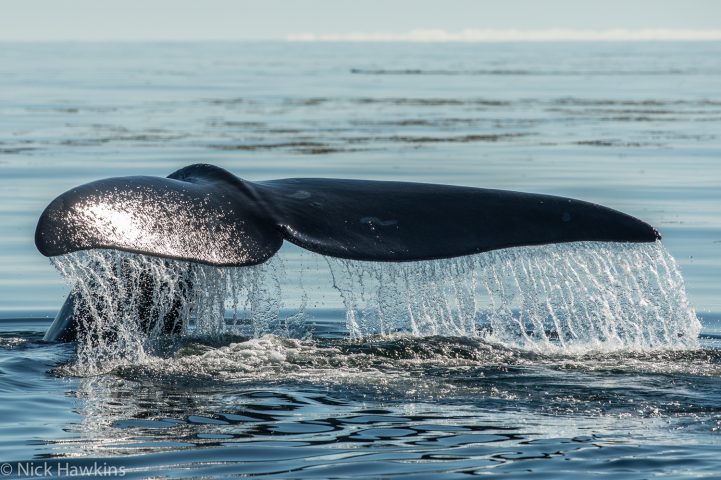A new estimate on the population of critically-endangered North Atlantic right whales has the species numbering 336, the lowest in almost 20 years.
The North Atlantic Right Whale Consortium, a partnership of nearly 40 organizations dedicated to protecting the species—including those supported by the Conservation Council’s Marine Conservation team— released the new estimate this week.
Warming oceans caused by climate change has affected the whales’ feeding patterns in recent years, causing them to journey through waters they typically were not seen in high numbers, such as the Gulf of St. Lawrence. This led to a record-breaking 12 right whales killed in Canadian waters (and six found dead in U.S. waters) in 2017.
At the time, the Conservation Council joined its allies in calling on the federal government to introduce mandatory speed restrictions for freighters and vessels in Canadian waters where the whales were now being seen in high numbers.
A number of measures were introduced, and fatal encounters have dropped significantly since. But the threat to the species survival remains, and researchers say the new population estimate—down eight per cent from the 2019 estimate and well below the peak of 481 whales in 2011—shows that much more work remains to ensure the species recovery.
“There is no question that human activities are driving this species toward extinction,” Scott Kraus, the chair of the consortium, said in a news release.

Despite the threats, our Fundy Baykeeper, Matt Abbott, says right whales are resilient and have rebounded from steep population declines in the past.
“Recovery remains possible, but it will take hard work and continued cooperation between environmental organizations, the shipping industry, and fishing associations,” Abbott said.
The Conservation Council continues to work with our partners at the Marine Animal Response Society, Canadian Wildlife Federation, Oceans North, regional fishing associations and scientists to reduce threats to right whales and see their numbers start to climb once again.
Recently, the Conservation Council contributed to workshops on fishing and whales and ghost gear debris, and helped highlight the findings of MARS’ July 2021 report, Beyond The Numbers: A 15-Year Retrospective of Cetacean Incidents in Eastern Canada.

